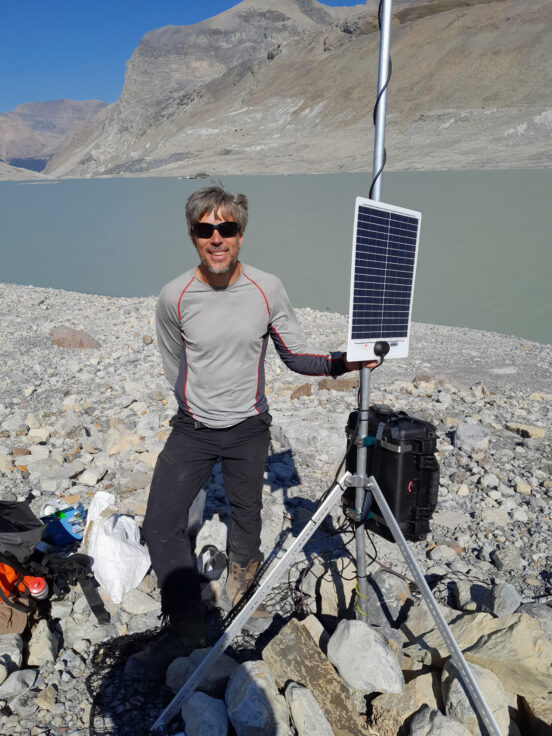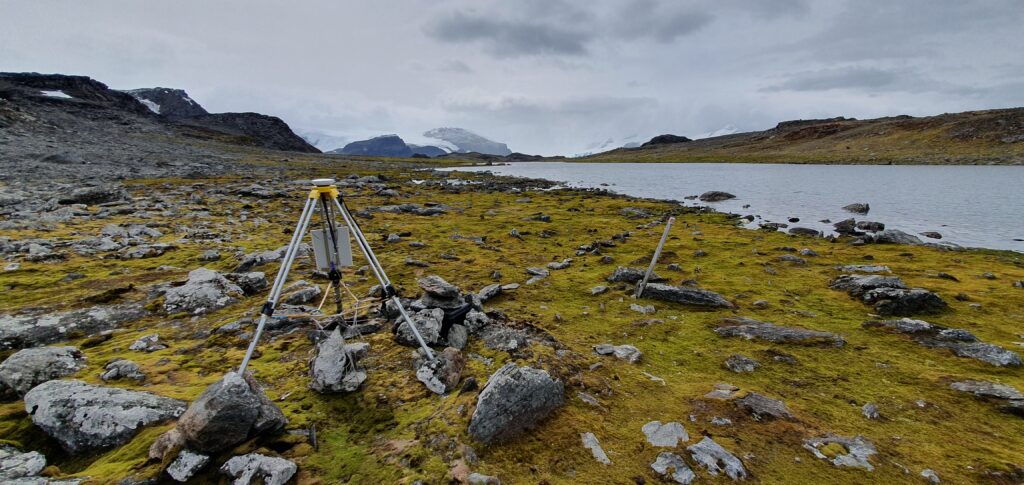Originally posted on the BAS website
20 May, 2024 Press releases
Scientists at the British Antarctic Survey (BAS) have found that the record-low levels of sea ice around Antarctica in 2023 were extremely unlikely to happen without the influence of climate change. This low was a one-in-a-2000-year event without climate change and four times more likely under its effects. The results are published this week (20 May) in the journal Geophysical Research Letters.
In 2023, Antarctic sea ice reached historically low levels, with over 2 million square kilometres less ice than usual during winter – equivalent to about ten times the size of the UK. This drastic reduction followed decades of steady growth in sea ice up to 2015, making the sudden decline even more surprising.
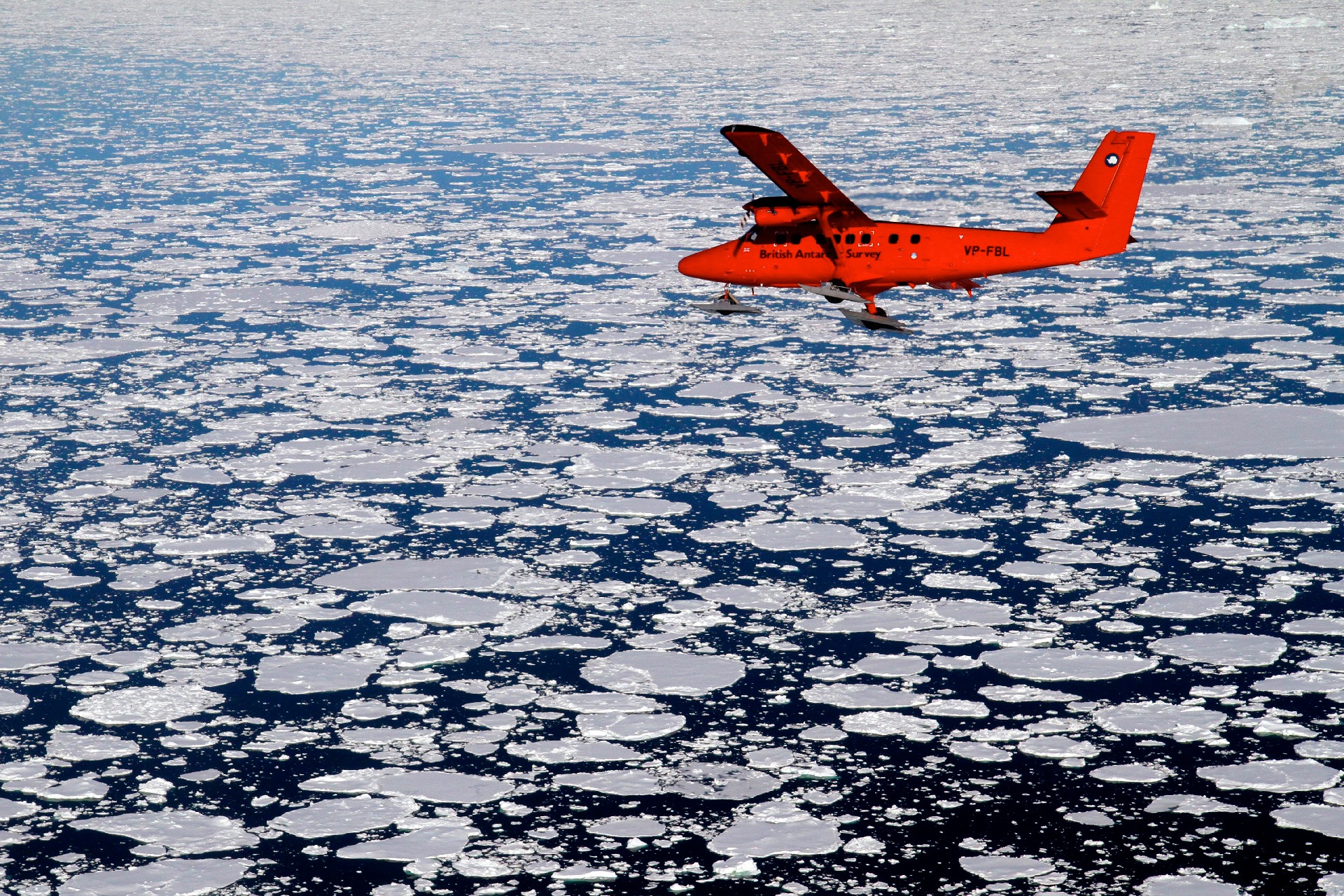
Using a large climate dataset called CMIP6, BAS researchers investigated this unprecedented sea ice loss. They analysed data from 18 different climate models to understand the probability of such a significant reduction in sea ice and its connection to climate change.
Lead author Rachel Diamond explained that while 2023’s extreme low sea ice was made more likely by climate change, it was still considered very rare according to the models.
She says:
“This is the first time this large set of climate models has been used to find out how unlikely 2023’s low sea ice actually was. We only have forty-five years of satellite measurements of sea ice, which makes it extremely difficult to evaluate changes in sea ice extent. This is where climate models come into their own.
According to the models, the record-breaking minimum sea ice extent would be a one- in-a-2000-year event without climate change. This tells us that the event was very extreme – anything less than one-in-100 is considered exceptionally unlikely.”
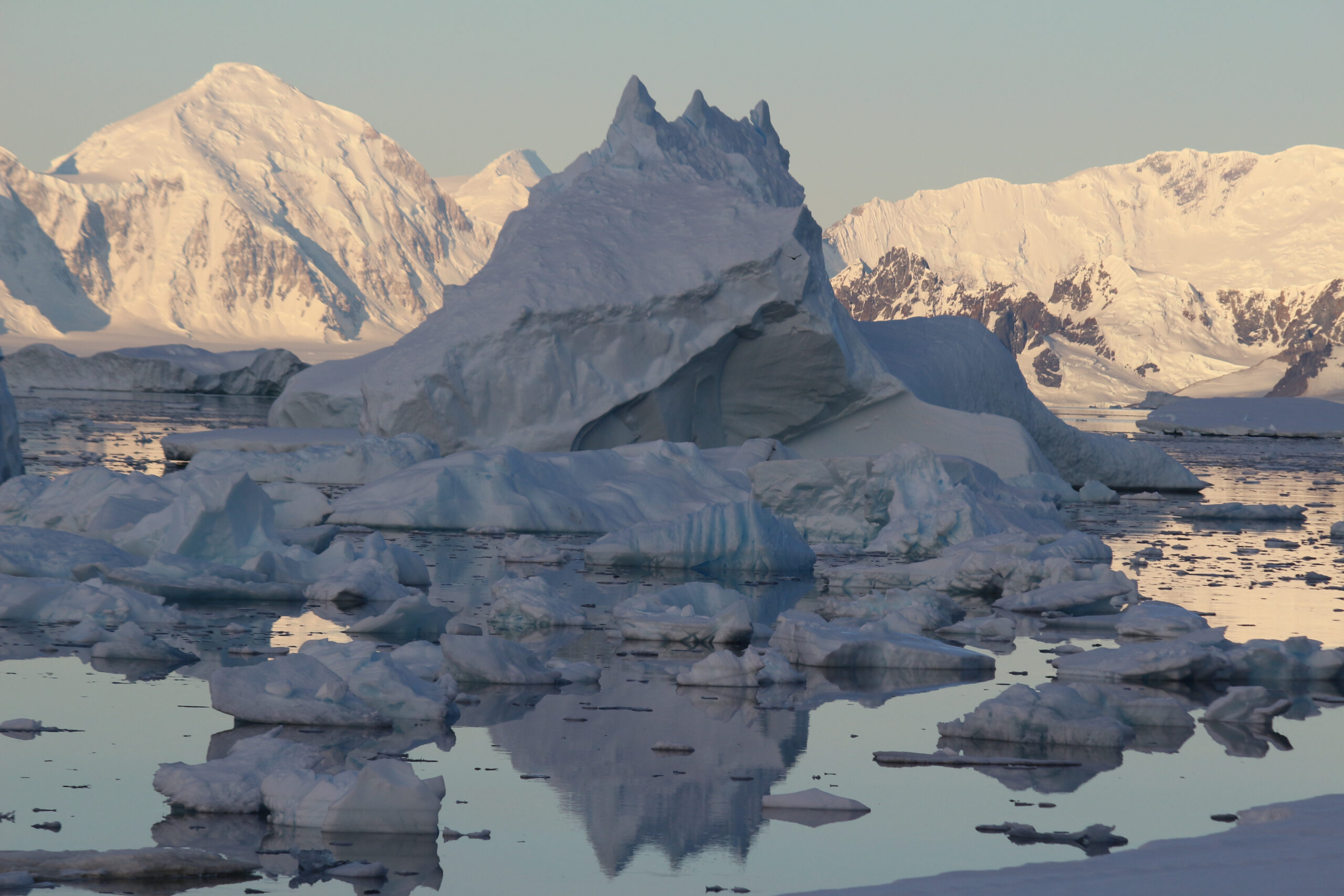
Caroline Holmes, a co-author on the study, said:
“Strong climate change – i.e. the temperature changes we’re already seeing, and those expected if emissions continue to rise rapidly – in the models makes it four times more likely that we see such a big decline in sea ice extent. This suggests that 2023’s extreme low was made more likely by climate change.”
The researchers also used the models to look at how well sea ice is likely to recover. By looking at similar events in the models, the authors found that after such extreme sea ice loss, not all of the sea ice around Antarctica returns – even after twenty years. This adds model evidence to existing observational evidence that the last few years’ low sea ice could signal a lasting regime shift in the Southern Ocean.
Louise Sime, a co-author on the study, says:
“The impacts of Antarctic sea ice staying low for over twenty years would be profound, including on local and global weather and on unique Southern Ocean ecosystems – including whales and penguins.”
Satellite records of Antarctic sea ice began in late 1978 and between then and 2015, Antarctic sea ice extent increased slightly and steadily. In 2017, Antarctic sea ice reached a record low, and has been followed by several years of relatively low sea ice extent.
There are many complex and interacting factors that influence Antarctic sea ice, making it hard to get a clear understanding of why 2023 was such a record-breaking year. Recent studies have highlighted the important role of ocean processes and heat stored below the surface, and warm sea surface temperatures during the first half of 2023 may also have contributed. Strong variations in north-to-south winds and storm systems also played a role.
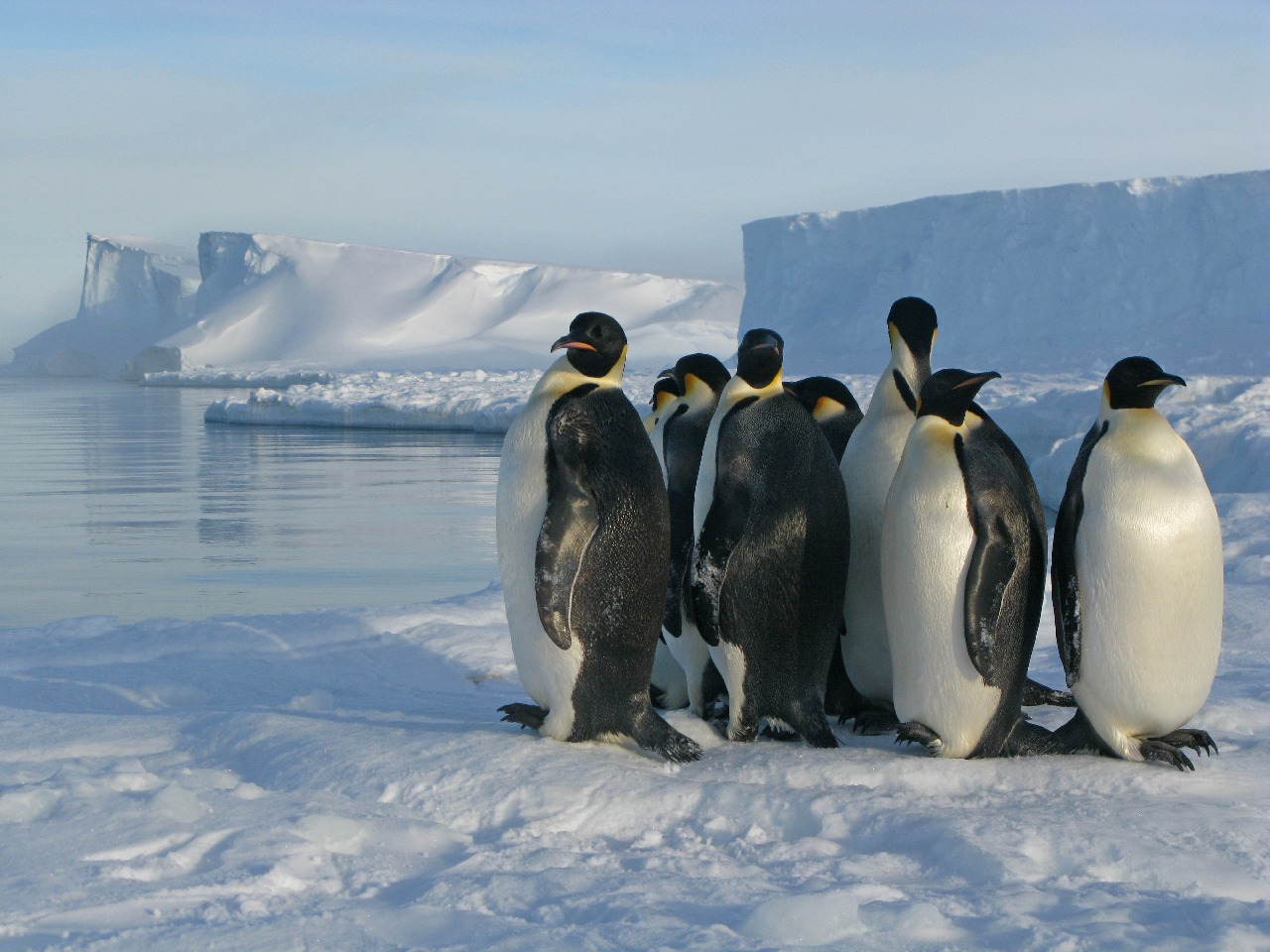
Antarctic sea ice is a critical factor in our overall understanding of climate change. Sea ice formation around the Antarctic acts as an engine for ocean currents and influences weather patterns. It also protects the exposed edges of the ice shelves from waves, curbing Antarctica’s contribution to sea level rise. Sea ice is also vitally important for marine life – scientists have observed catastrophic breeding failures of emperor penguin colonies because of low sea ice in recent years.
Studies like this one are therefore critical to find out how likely rapid sea-ice losses are, and if sea ice is likely to stay low over the coming decades.
CMIP6 models rarely simulate Antarctic winter sea-ice anomalies as large as observed in 2023 by Diamond, R., et al is published today in Geophysical Research Letters.



